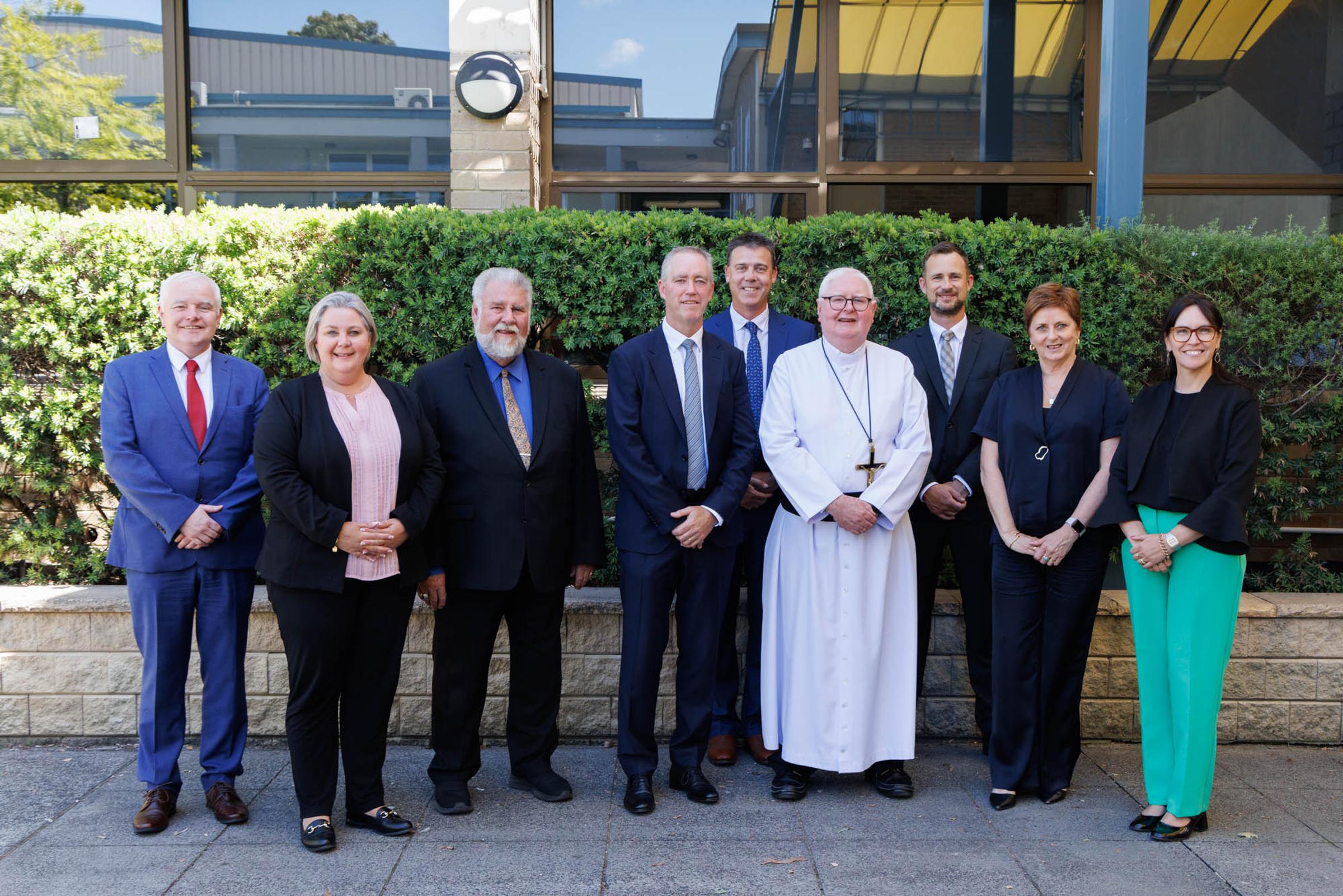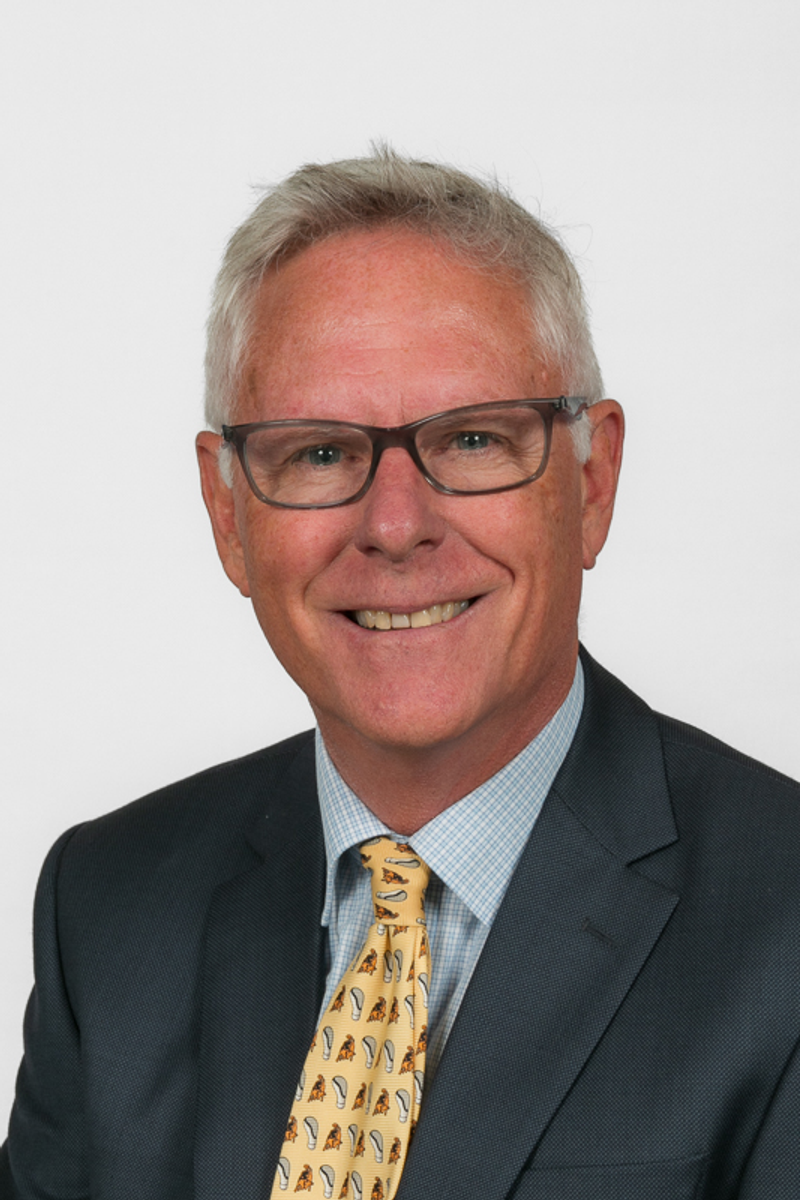Leadership's Letter
Leadership & Coaching

Leadership's Letter
Leadership & Coaching
As Director of Leadership and Coaching at Mazenod College, I work with over 40 staff, the majority of whom are in Positions of Leadership. The basic mechanism through which I work with the individual staff member is a reflective practice program.
What is reflective practice and who is it for?
Anyone can bring a reflective practice focus to their work, their study, and other areas of life. The essential ingredient is setting aside some time to pause and reflect on the question; “How am I in my work?” (replace work with schooling, sport…) and bringing some structure to investigating that question.
The process aims to be reflective, personal, and exploratory. It also aims to be holistic, valuing the intellectual, emotional, and spiritual aspects of one’s experience.
My current experience of my work.
Engaging the individual as the reflective agent is the starting point. Considering and having opportunity to articulate my experience of my work underpins the process. There is not an imposed view or model of how one should be in their work. This is important as it is a common aspect of human behaviour and self-narrative that I am somehow not good enough, or I should be like this, or able to do that. Such a narrative fogs our glasses and prevents us seeing ourselves clearly, it also commonly leads to denial and covering over the very areas where growth and fulfillment lies.
The participant’s work is to pause for a few minutes each week, taking note of how I am in my work. Areas to note include, what I am concerned about, what I have enjoyed, when I am energised, when I feel depleted, when stress or anxiety are present. A journal or some brief notes can be helpful. Comparing the notes over time is instructive. This reflective action underpins and runs throughout the program.
What are my hopes and goals?
Whilst noticing my actual experience is the starting point, exploring where do I want to move to is equally important. What do I wish to achieve this year and how might I get there? Of significance in the articulation of hopes and goals is wellbeing and clarity around what sustains this. For work to be of a high quality over time it needs to be sustainable.
The DISC.
All of us have patterns of behaviour and reaction, preferred ways of working and less preferred. Some are highly organised, desiring and relying on clear systems and processes with a focus on attention to detail. Others prefer to move more quickly and tend to focus on making the decision. Some like to work in an open, social environment, others prefer a quiet space allowing them to concentrate. What upsets me is barely noticed by someone else and vice-versa. These preferences and reactions are formed through a mix of our upbringing, experiences, environments, choices, and genetics. The DISC is a psychometric tool that sheds light on what one’s preferred and least preferred working styles are. It is a tool in support of self-awareness. It also supports awareness of others; it is easy to forget that we are all different. Divisions in teams is often more about difference in work style than disagreement on desired outcomes.
A co-constructed feedback process.
The final part of the program is working with the participant to identify areas for feedback and who is well placed to provide feedback via a co-constructed questionnaire.
The opportunity to talk about what is happening.
Throughout the program the participant and I meet two or three times a term, for around a year. These conversations are confidential. The program aims to promote individual growth. Creating an environment where the individual feels safe to explore and express doubt is critical to authenticity. Therefore, participating in the reflective practice program is not part of a review process.
The program is a voluntary one and the feedback is extremely positive.


David Sutton
Director of Leadership & Coaching